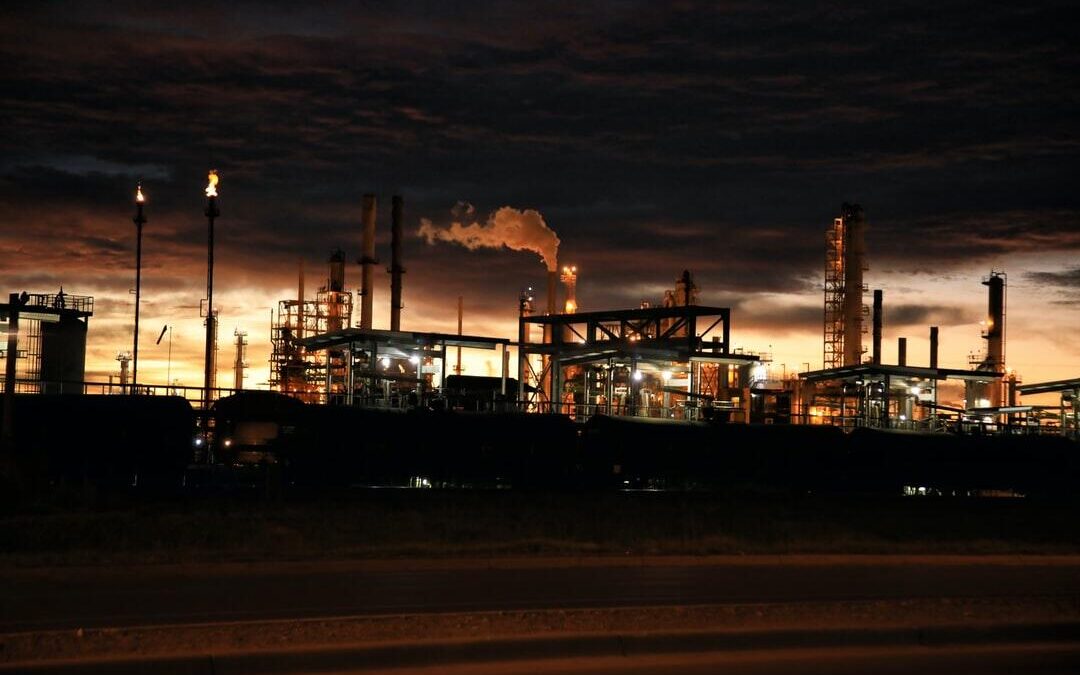Industrial accidents are unfortunately quite common, and they can have a huge impact on those who experience them.
When people receive an injury at work, it can sometimes lead to long-lasting health issues, large medical expenses, and various other problems. For those who are often exposed to high levels of risk at work, this can be worrisome. Companies are typically required to have worker’s compensation to help protect employers when things go wrong.
Many workers can file industrial accident claims if they’re injured while working, but should you do the same? In this guide, we’ll go over workers’ compensation for industrial accidents so you can get a better understanding of this program.
Workers’ Compensation Explained
Also sometimes called “workers’ comp”, this is a government-mandated program that helps workers who have been injured or become ill while working or as a result of their work. It’s not unlike a type of insurance that provides financial and medical benefits for people in these situations.
Workers’ comp is handled individually by states in the US. As such, benefits can vary greatly from state to state. In Louisiana (like most other states) employers are legally required to maintain workers’ compensation insurance.
What Is an ‘Industrial Accident’?
Anyone could receive an injury at work, but some jobs carry a lot more risk than others. Careers in industries like construction, factories, warehouse management, and more can be very hazardous. Anyone who’s injured due to employer negligence may be entitled to industrial accident compensation.
Some common examples of industrial injuries include:
- Slips, trips, and falls
- Falling objects
- Cuts and lacerations
- Repetitive strain
- Exposure to loud noises
- Exposure to toxic fumes
- Burns
- Vehicle collisions
These can lead to a wide range of injuries, and many can have long-lasting effects. If you’re injured, it could have a permanent impact on your health and your ability to work.
Why Make an Industrial Accident Claim?
Depending on the severity of your industrial accident, the road to recovery can be a long one. On top of the physical effects it may have on your body, you could also be on the receiving end of sizable medical bills. While recovering, you probably won’t be able to work, creating even greater financial strain.
If you file a lawsuit, you may be covered for lost wages along with medical expenses so you’re not at a financial loss. Your employer will also need to take a look at the cause of your injury. This may lead to a safer work environment where the same things won’t happen to someone else.
Some people may feel guilty about making an industrial accident claim against their workplace, but that doesn’t mean you should not pursue it. If you’re suffering due to the negligence of your employer, you should be entitled to compensation.
You may still be uncertain about whether or not to seek legal help. You can speak to the team at Talbot, Carmouche & Marcello for professional guidance. Call us or contact us to speak to one of our experienced attorneys.
Common Causes of Industrial Accidents
There are plenty of causes of industrial accidents. Depending on how you’re injured, your company may or may not be liable. Some of the reasons industrial accidents occur are:
- Inadequate training
- Lack of safety protection
- Machine failure
- Untidy workspace
An experienced attorney can help determine who’s at fault when an accident happens. This will help you figure out if you should pursue legal action.
Who’s Responsible for Protecting Workers Against Industrial Accidents?
There may be plenty of other employees in your workplace, and everyone has a degree of responsibility to keep themselves and everyone else safe. Despite that, sometimes things may be out of your control. Negligence within the workplace can increase the risk of exposure to an accident, and this may not be your fault.
All businesses have a legal responsibility to keep their employees as safe as possible at work. If there are any incidents, they must report them under RIDDOR (Reporting of Injuries, Diseases, and Dangerous Occurrences Regulations).
Ultimately, this means your employer needs to ensure they put all measures in place to adhere to the safety guidelines they need to follow. These should be practiced at all times and regularly reviewed. If you receive an injury due to your employer’s negligence or failure to follow safety standards, you may be entitled to industrial accident compensation.
Do You Need to Leave Your Job After Filing an Industrial Accident Lawsuit?
Many people worry about making a claim for this reason, but there are laws in place to prevent this. After making a claim, your employer can’t legally dismiss you or treat you any differently because of the claim.
Some people also worry and feel guilty about the financial impact on a business. All companies in Louisiana are legally required to have employers’ liability insurance, and this should cover any costs.
Workers’ Compensation Benefits
In most cases, there are deadlines to file a report after your injury in order to qualify for worker’s compensation. There are several benefits that you may be entitled to such as:
- Lost wages
- Medical benefits
- Temporary or permanent disability benefits
- Additional benefits for amputees
- Additional benefits for vision or hearing loss
- Death benefits
It’s important to understand that these benefits vary from case to case.
Making Industrial Accident Claims
An industrial accident can change your life, so if your employer is responsible, you should seek legal assistance. Professional industrial accident attorneys can help with industrial accident claims for those who have been injured at work through no fault of their own.
At Talbot, Carmouche & Marcello, we’ve been assisting clients for over 50 years and may be able to assist with your industrial accident claim. Call to speak to us or request a free consultation today.

